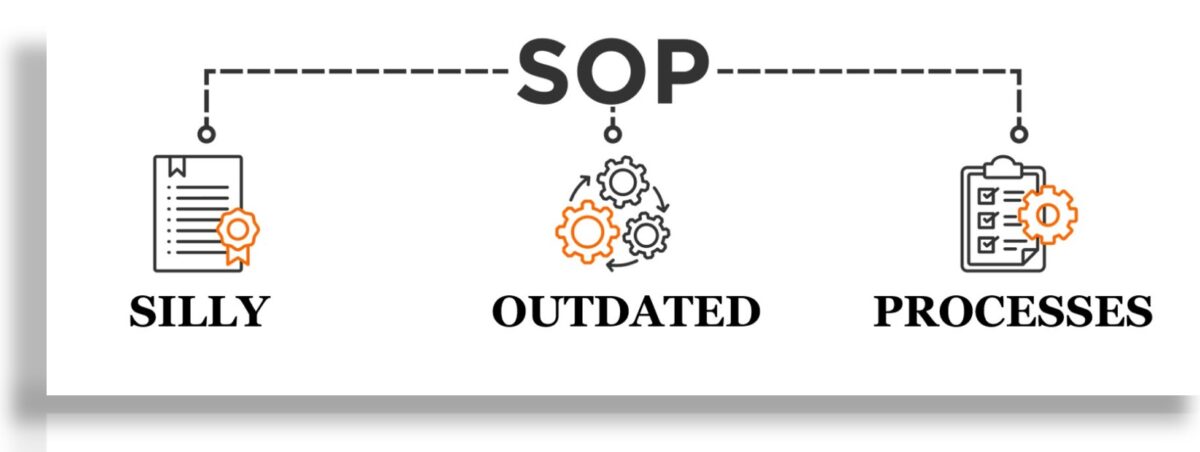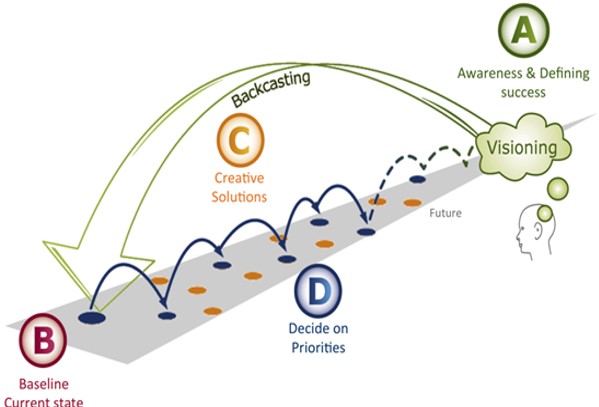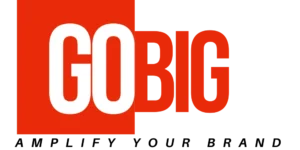Confidence Over Competence
Why Try Harder When You’re Already Perfect?
NOTE: This is the seventh of ten articles on the sarcastic way to discuss management
Who needs competence when confidence can get you everywhere you want to go? Real go-getters know that the best way to win in life is to skip the whole “learning” and “growing” thing altogether and just go straight to being amazing. Improvement is for those who doubt themselves, but you? You’re practically a genius, and it would be a shame to let pesky facts or “hard truths” interfere with that blissful reality.
Improvement? Overrated. Just Assume You’re Brilliant
There’s a certain kind of magic in assuming you’ve already nailed it. Why mess with success by entertaining the possibility that you might need to grow? Growth, after all, is for people who have room to improve. Not you. You’re already operating at peak performance—whether anyone else can see it or not. Self-awareness only opens the door to pesky doubts, and who needs that negativity? Confidence, unlike competence, requires zero effort and brings with it all the warmth and satisfaction of genuine accomplishment.
Who Needs Facts When You Have Unwavering Belief?
Facts are so cumbersome. They get in the way of perfectly good confidence. Why burden yourself with inconvenient realities when you can glide through life on the sheer power of self-assurance? Just think of all the mental energy saved by not bothering with things like “accuracy” or “realistic assessments.” Facts may be for scientists, but you’re far too busy being effortlessly brilliant. Besides, facts change. Your confidence? Unbreakable.
Feedback? Please, Only Amateurs Seek External Validation
Let’s talk about feedback, the favorite tool of those who lack conviction. Why go fishing for opinions from others when you’ve already established, quite conclusively, that you’re exceptional? Feedback is just a gateway to second-guessing, a thinly disguised attempt by others to throw you off your game. Real leaders don’t look for validation; they exude confidence so deeply rooted that it’s immune to any outside critique. After all, if you’re already perfect, what could anyone else possibly add?
Self-Awareness: A Perilous Path to Self-Doubt
It’s no secret that self-awareness is a dangerous road. Once you start down that path, you risk becoming aware of flaws. And flaws, as everyone knows, are the enemy of true confidence. Why reflect on your actions, your knowledge, or your skill level when you could simply assume they’re flawless? Self-awareness might help some people become better, but for you, it’s a slippery slope to uncertainty. And there’s nothing more damaging to the ego than an unwelcome dose of reality.
Competence? Optional. Confidence? Essential.
If you’re choosing between competence and confidence, the answer is obvious. Competence requires time, training, and ongoing effort. Confidence, on the other hand, only requires the unwavering belief that you’re fantastic just as you are. People often say “Fake it till you make it,” but why bother with the “make it” part? Just keep faking it with unshakable confidence, and you’ll never have to actually be competent. The beauty of confidence is that it looks exactly like expertise to the untrained eye.
Ignorance as a Warm, Cozy Blanket
Facts and feedback may keep some people up at night, but you? You’re wrapped in the warm blanket of blissful ignorance. In this wonderful state, you’re immune to the harsh truths that might suggest a need for change or effort. You don’t need the discomfort of acknowledging gaps in your knowledge or skill set. Ignorance keeps you cozy, content, and confident—a combination that’s absolutely unbeatable.
So, Why Try Harder When You’ve Already “Arrived”?
In a world obsessed with competence, you’re a refreshing reminder that self-assurance is all it really takes. Improvement, self-reflection, and hard truths are for people with doubt. But for those blessed with unyielding confidence, there’s no need to lift a finger. After all, you’ve already nailed it—or at least, you believe you have—and in the end, that’s all that really matters.
So, here’s to the path less traveled, the one that skips all the hard work and lands you at the summit of self-belief. Competence might be a journey, but confidence is a destination—and you’ve already arrived.














